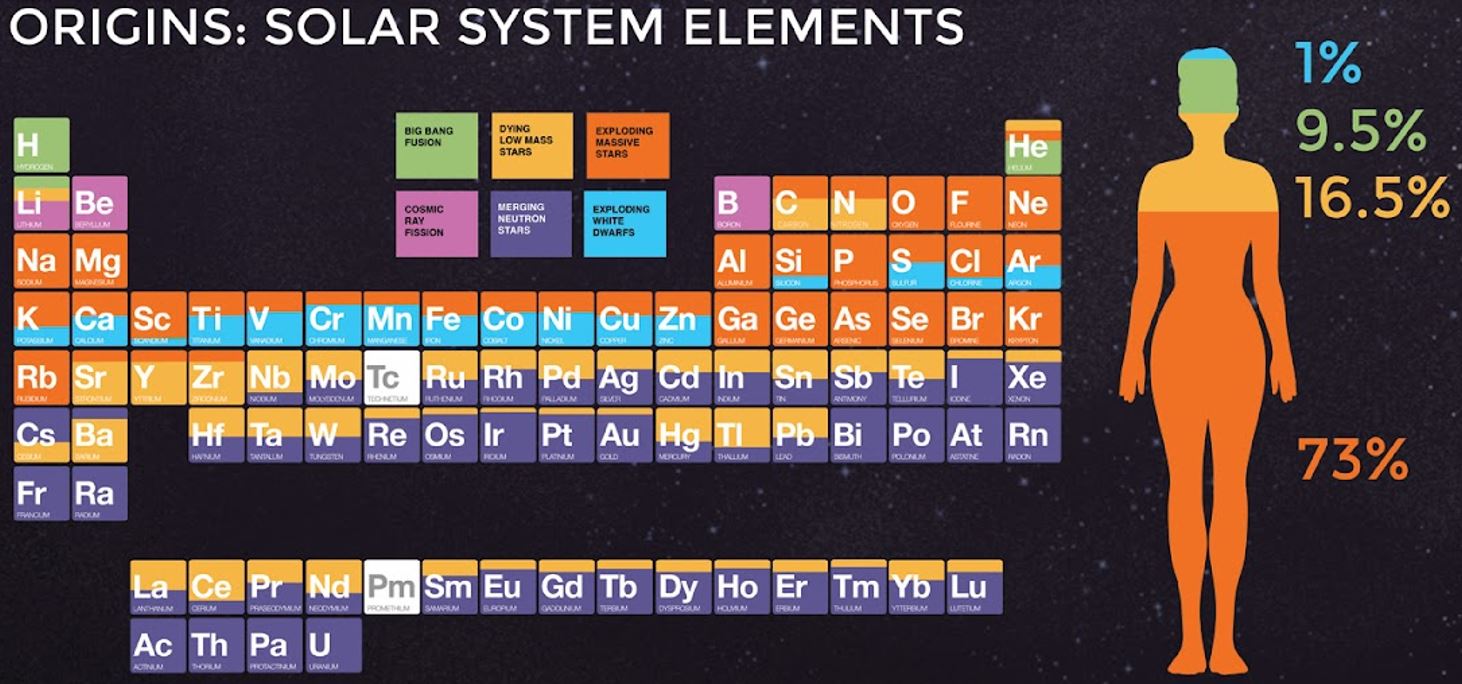People Buy More Things When They Shop on an Empty Stomach

You’ve probably heard this advice before: never shop on an empty stomach. You’ll end up buying more food and wind up with a heftier grocery bill. What you may not realize is you may purchase more non-food items too, according to a recent study highlighted in an article by Helen Thomson from New Scientist.
The idea for the research came to Alison Jing Xu when she realized when she sat down to eat after shopping that she had bought 10 pair of tights — eight more than she had originally intended on purchasing. That got her thinking about how hunger affects our buying habits beyond food.
“As a researcher interested in human behavior, I wanted to understand this. We already know that when we are hungry in a supermarket, we buy more food — I wondered whether hunger might have also increased my desire to purchase non-food items.”
In one of five experiments, researchers stood outside a department store that contained mostly non-food items. The researchers asked customers how hungry they were and how long they were in the store for. They also asked to peek at their receipts to see what they purchased. Researchers were able to get information from 81 customers and found, of those who were hungrier, spent up to 64 percent more.
There are some biochemical reactions to back all this up. When we’re hungry, our stomachs release a hormone called ghrelin, which acts on a part of the brain involved in reward and motivation. This reaction is supposed to cause us to seek out food, but Jing Xu thinks that there could be a strong connection that influences us to purchase non-food-related goods as well. The idea is an interesting one, and has made me consider how I will conduct my online shopping in the future.
What do you think about this study? Sound off in the comments below.
To read more about Jing Xu’s research, check out the write-up in New Scientist.
Photo Credit: Bert Kaufmann/Flickr




